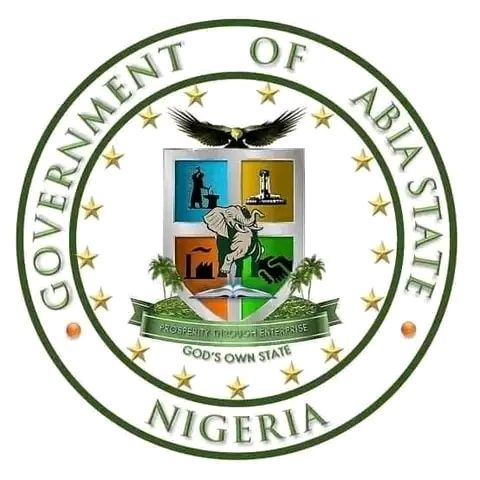In recognition of the sterling performance of the Abia State government in the health sector, especially in the primary healthcare system, the United Nations Children Fund (UNICEF) has pledged more assistance to enable it to achieve its lofty health programmes for the people.
Speaking at the commissioning of a 2kw solar power system at the Amuvi primary health centre in Arochukwu LGA, the Head of UNICEF field office, Enugu, Mrs Juliet Chiluwe, said the Global Fund has been a long-term ally of Abia State and is proud to identify with the performing Governor Alex Otti by providing more support to programmes that improve health.
The project is sponsored by an NGO, the Safe Tent Care Initiative, in partnership with Rachisols Foundation, Abia State government and UNICEF.
Abia State, she observed, continues to make giant strides among her peers in vaccine delivery and administration, saying UNICEF is committed to strengthening essential services in all the PHCs.
According to her, UNICEF has variously supported skills and programmes that reduce infant and child mortality in addition to assisting pregnant and nursing mothers, as well as midwives, to improve their health needs.
“Abia State is doing well for women and children, and we look forward to continuing our partnership with the State. UNICEF remains a critical partner in ensuring that all children attain their rights to health. So UNICEF partners with the State of Abia to ensure that the last mile for health services is attained for all households.
“As such, we are very committed to partnering with the State of Abia to strengthen the primary health care system. UNICEF appreciates the investment the governor and his wife have made in upgrading the primary health care system to the extent that Abia State has won for the second time the public health leadership challenge.
“And today marks one of the strengthening of the primary health care solutions so that women and children can access the services,” Chiluwe said,
stressing that any investment aimed at solving the healthcare needs of the people is an investment in the right direction.
She pointed out that UNICEF has not relented in helping the Abia State government to upgrade its primary healthcare facilities across the state, adding that the world body has assisted in delivering some vaccines in many LGAs and provided some health facilities according to their need at the state’s Primary Healthcare Development Agency (PHDA).
Chiluwe declared that the Global Fund, in collaboration with other international sister agencies, has also supported the government of Nigeria through its various projects, aimed at improving the lives of women and children.
She reiterated that the goal of helping the government is to ensure that every child is free from life-threatening diseases such as polio, among others.
In her speech, the wife of the Governor, Mrs Priscilla Chidinma Otti, assured of the continuous improvement of health care services in the State, especially for women and children.
She described the event as a symbol of hope, partnership and the transformative power of collaboration in enhancing the delivery of healthcare in the rural communities.
“We gather to celebrate not just the installation of a solar power system, but the dawn of a new era for Amuvi Primary Health Centre. With this 2kW solar power system, powered by the ingenuity of local innovation from Tudu Energy and made possible through the humanitarian efforts of Rachisols Foundation – a non-profit organisation that positively impacts lives and inspires national growth, this facility now has access to reliable, clean, and sustainable electricity 24/7,” she said.
She noted that with solar power, the operations of the health centre would no longer be interrupted by the limitations of inconsistent power supply, nor would they rely on generators for backup power.
“This is a significant leap forward in our quest to ensure that quality healthcare is accessible to all, regardless of location.”
While commending the partners for solar power, she outlined some of the mother-friendly workplace policies of the government, including six months paid maternity leave for nursing mothers; three weeks paternity leave for fathers, still under consideration and the establishment of crèche facilities in workplaces, both in the public and private sectors.
Mrs Otti called on the people to see the project as their own and protect and use it to serve their health care needs.















